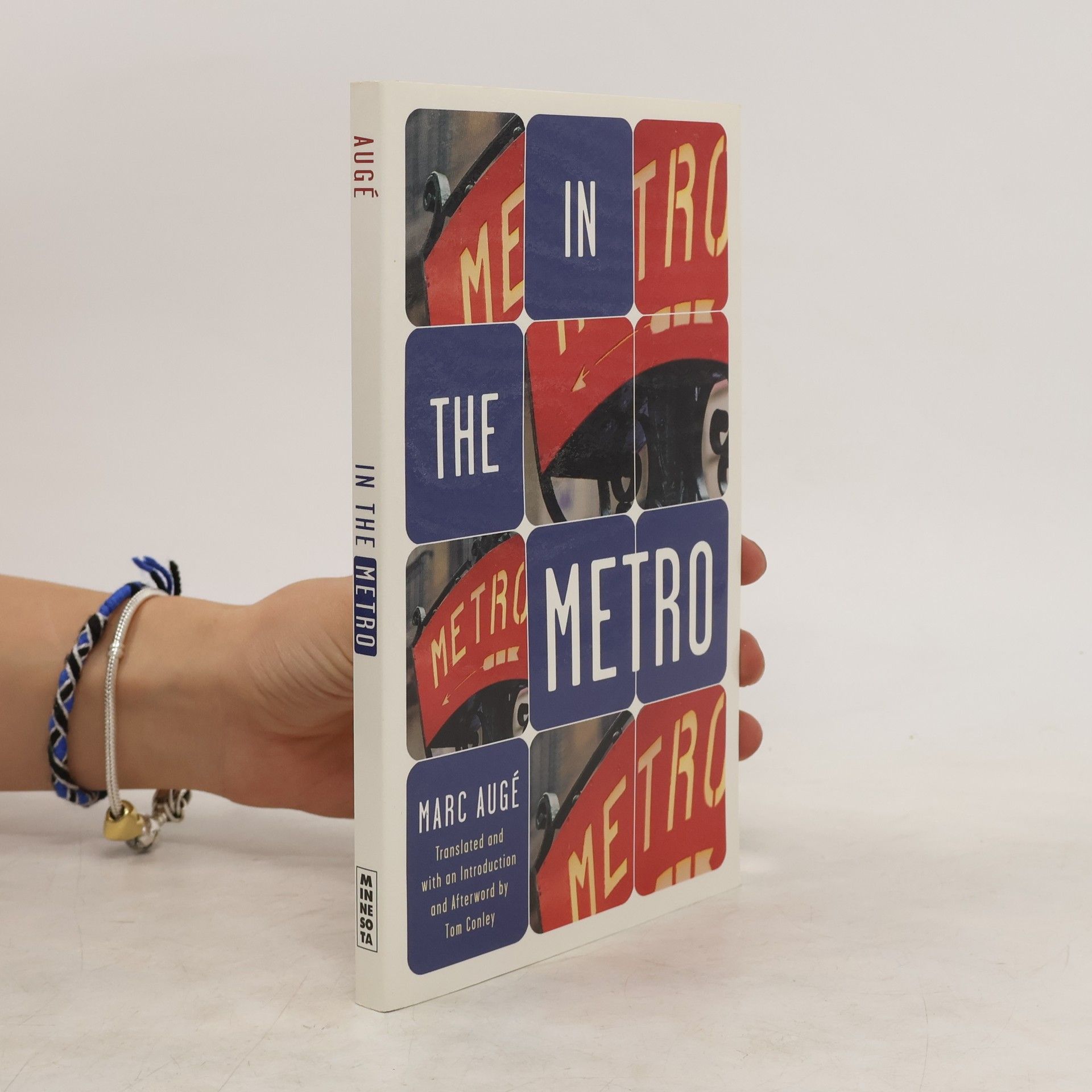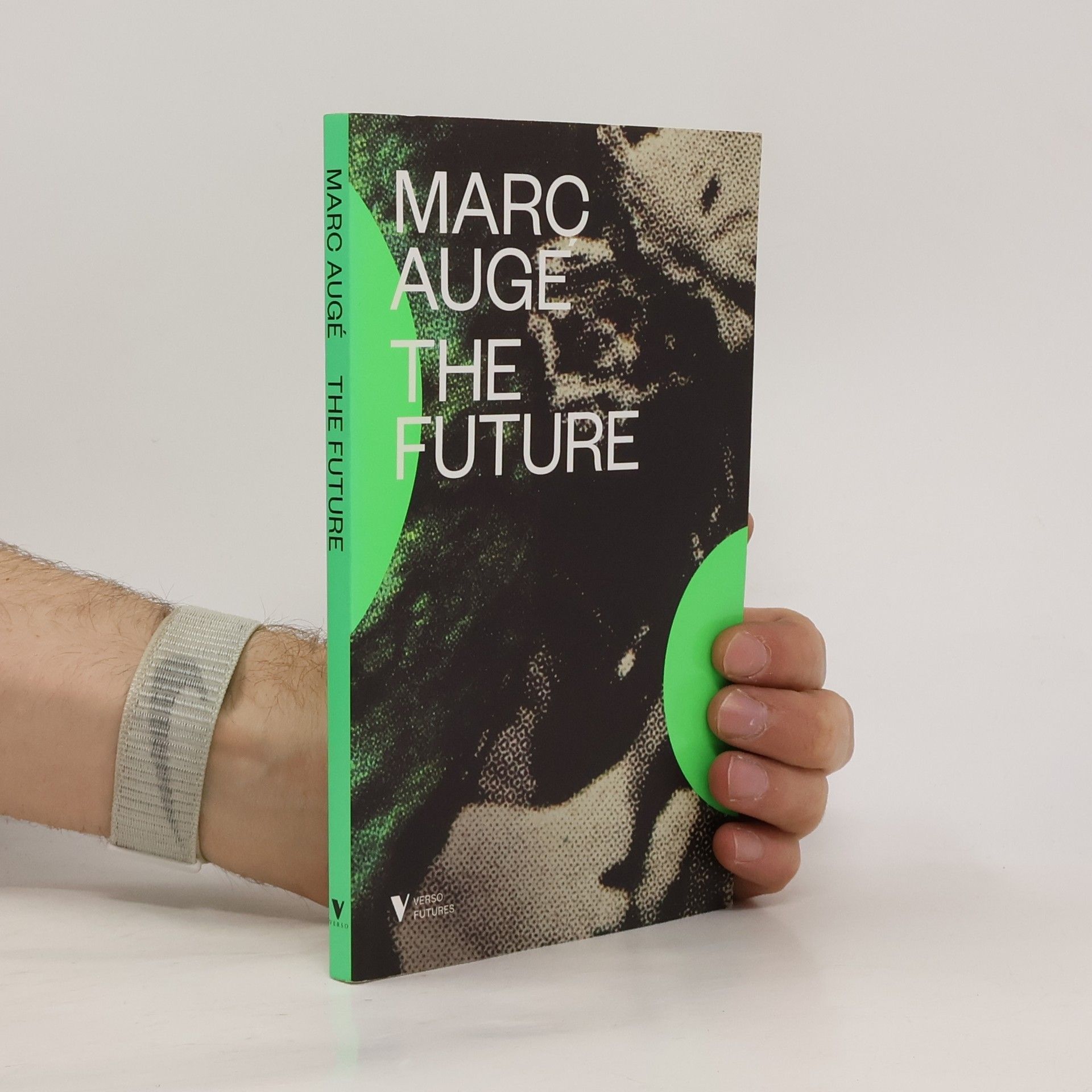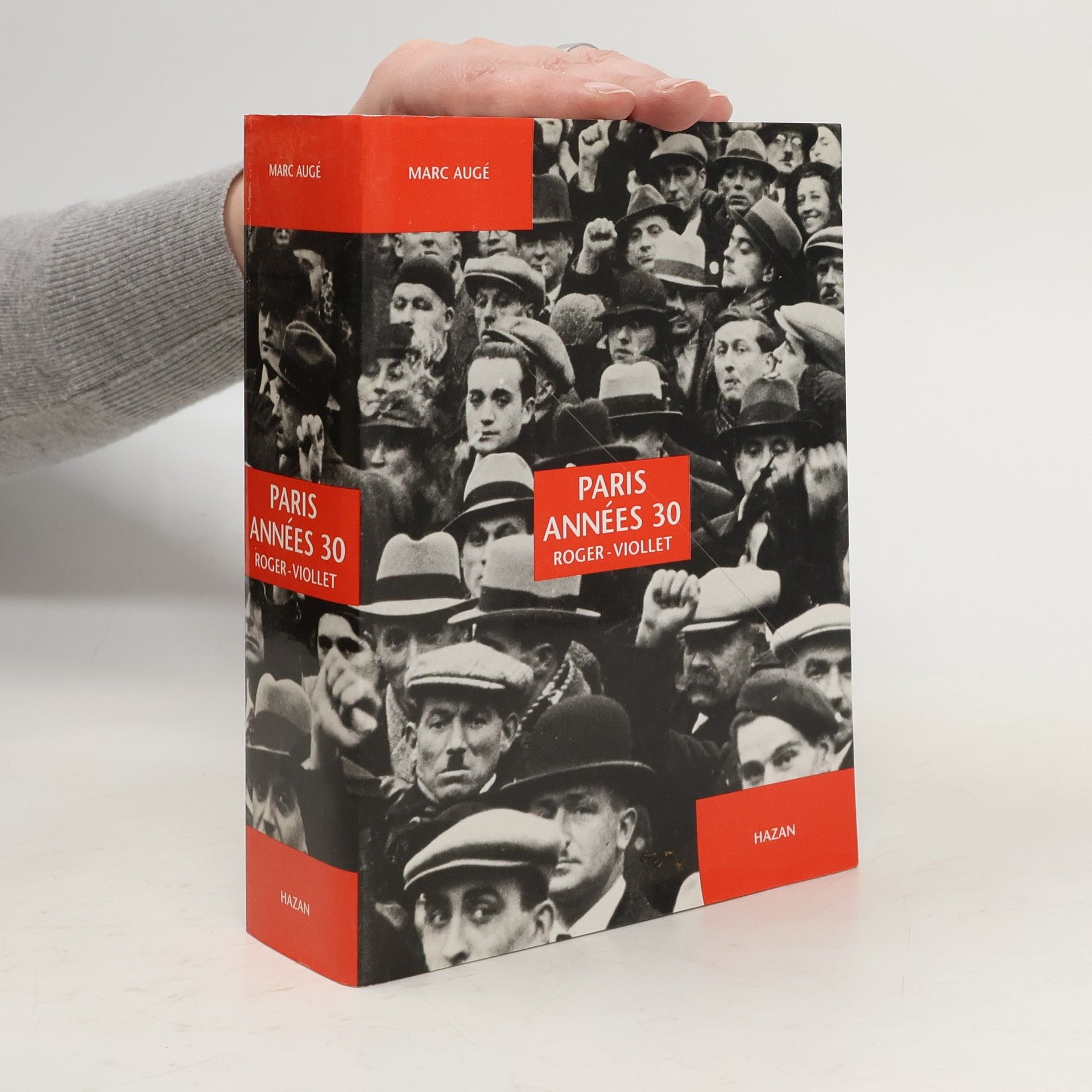Un etnologo al bistrot
- 98pagine
- 4 ore di lettura
Marc Augé esplora in questo libro il gran teatro del bistrot con tutti i suoi attori. Considerato con gli occhi dell’etnologo, il bistrot è il regno delle relazioni “di superficie”, quelle in cui il gesto dello scambio importa assai più di ciò che lo motiva. Un grande bistrot nell’ora di punta è un luogo straripante di vita, di emozioni, in cui si scambiano parole per non dire nulla, gesti appena accennati, occhiate passeggere. Spazio relazionale ma anche spazio letterario: Maigret sarebbe impensabile senza le soste al bistrot. La Francia ha esportato in tutto il mondo questo modello di civiltà: da quel nome sprigiona ovunque il carattere amabile che ne contrassegna l’immagine. Non pura immagine, tuttavia: il bistrot è un oggetto del paesaggio urbano che rivendica di possedere una propria storia, una geografia e, d’ora in avanti, anche una propria etnologia. - See more at: http://www.raffaellocortina.it/un-etn...







